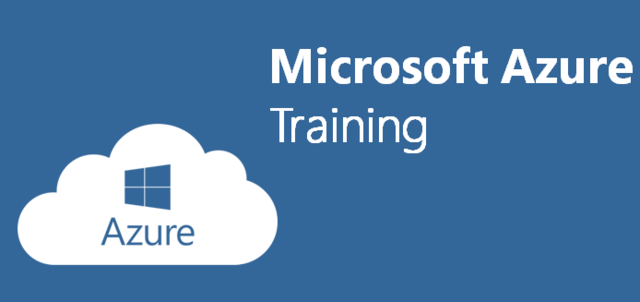Azure is in High Demand
Gordon McKenna (CTO, Public Cloud at Ensono) stated that "Absolutely."
Sergiy Seletsky (Senior Solutions Architect at Intellias) said, "It sure it is."
Manish Bardia (Partner at ThinkAI) stated that "the entire industry is moving to the cloud."
Seletsky points out that 95% of Fortune Global 500 companies use the cloud in some capacity. "Companies that deal with logistics, supply chains, and smart homes as well as large financial institutions, are trying to adopt a microservices architecture to migrate to the cloud in order to improve their operational efficiency, reduce infrastructure costs, and gain a competitive advantage on the market."

COVID-19 adds another dimension to the conversation, particularly if companies decide that their employees will become permanent remote workers. McKenna noted: "Introducing hybrid IT services as Azure will dramatically grow in demand over the coming years."
This will lead to a rise in the demand for cloud platform specialists such as AWS and Azure.
Where can I begin Learning Azure?
Our experts say that Microsoft is the best place to learn Azure.
Brandon Ahmad, Data Analytics Architect, says that the Microsoft Learning Hands-On Labs is the best place to begin. There are many free courses, some with practical labs that allow you to practice and get experience. These courses will give you an overview of Azure and are a great place to start.
These labs can be done at your own pace and allow you to explore topics like Azure fundamentals or Power BI. You can choose to follow specific subject-matter tracks, such as Azure or GitHub, depending on your interests. You can also filter courses by role in technology, such as sysadmin or A.I. You can choose to be an engineer, data analyst or whatever interest you right now.
Microsoft lists over 600 Azure courses and modules. Bhardia said that the AZ900 course is a good starting point for those who are interested in becoming certified. You can then expand your knowledge as you need it. Microsoft offers 600 Azure courses. However, there are 50 Azure certifications and exams you can take.
What is the cost of Azure training?
Prices start at $99 per exam. Microsoft also offers "learning providers", which act as semi-official bootcamps. Our experts agree that learning with someone can be useful, but it can also become expensive.
Ahmad stated that Microsoft Courseware official learning providers can offer training starting at $10,000 and ending at $1500 depending on the certification path.
In-person labs were suspended during COVID-19. This could have a long-lasting impact on the health of people even after the pandemic has ended. Ahmad stated that it was important to request a sample lab, and even a preview video, before you pay for everything. This will allow you to see how an instructor works and give you an idea of what you think of online instruction.
How long does Azure training last?
Ahmad stated, "This all depends on what skills you want to acquire."
McKenna stated that Azure training can take anywhere from one to eight hours. It all depends on how deep you want to dive into the topic. Keep in mind that Microsoft constantly improves Azure services so it is important to continue training. You must be up-to-date on the latest updates and keep up with the industry's evolving trends to become an Azure expert.
McKenna's comment is timely. Many of the courses at Microsoft's annual BUILD conference were redesigned or updated as a result. Continuous training in Azure and other disciplines should be a priority.
Microsoft's modules are short and easy to learn, which is a good thing for technologists. Bhardia provided six examples of courses and said that although each session is different, most sessions (I listed) are five days long. It would take approximately one and half months to complete all six.
Azure is well worth the effort to learn. Enterprise companies will migrate to Azure as they move away from.NET environments and on-site servers. Even if your current job is not in a large enterprise or one that uses Azure, it's a skill that you should have.